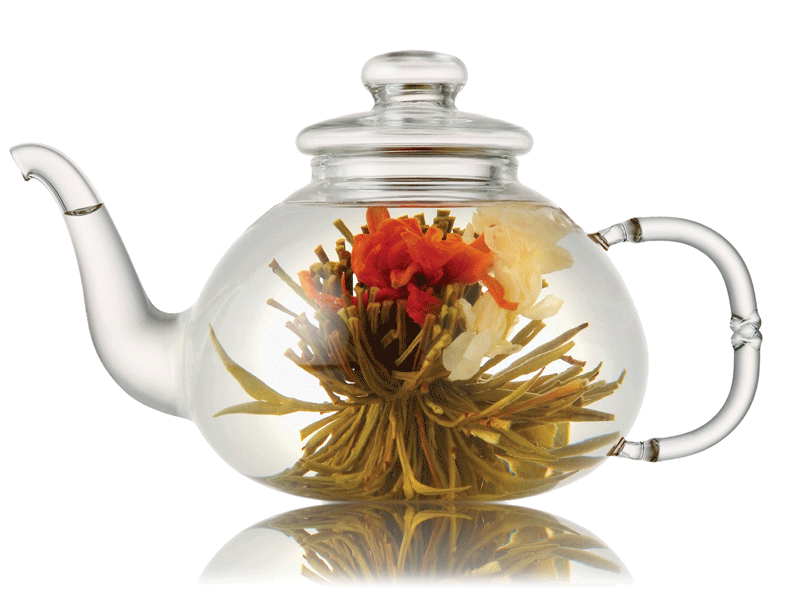The Meaning of Tea: Pari Forood '80

“I come from tea.” This is the first line of a poem written by my daughter when she was in the sixth grade. I know why she wrote it. Each and every morning and each and every afternoon, my father drinks tea; Assam in the morning, Darjeeling in the afternoon (in a glass, not a cup), and most times with dried fruit—figs, apricots, raisins, dates—whatever is available. When Persians get together, they drink tea, always in a glass. My two daughters drink tea, I drink tea, my sisters drink tea—we are not coffee people.
In a stunning statement declared by my daughter as she was putting together the course schedule for her last semester of college, she told me that she wanted to study Farsi. I couldn’t imagine why, as the only places she could speak it would be Iran, parts of Afghanistan and Turkmenistan, and Los Angeles, California, but she persisted despite my misgivings, as usual, and said that she wanted to take it because she is part Persian.
I am an even bigger part Persian, I told her, and I have no desire to speak Farsi.
“And I have never understood that!” she said. “How can you have a name like Pari Forood and not want to speak the language of the place where that name comes from?”
I could feel her smile. Every part of what makes her different and unique is welcome to her. In fact, she looks more Persian than I. For some reason the genes for dark hair and eyes and eyelashes jumped right over me and landed on her face.
“I think it would make Pop Pop proud,” she continued. “I want to see his expression when I speak Farsi to him.”
Yes, I would like to see that too. I knew it would conjure up some emotions that my father had buried for so long. I don’t remember him ever being proud of his homeland; he was too busy being proud of America and his American family.
It was the Iran hostage crisis in 1979 that served as the final straw for him, I told her. Once the Shah was overthrown and unyielding theocracy was estab-lished, I think his disappointment turned to disgust, and he realized he would never be able to go back and visit his parents or his brother and sister.
“You can’t deny your ancestry,” she reminded me. “Being Persian is about so much more than being born in Iran. It ties you to an ancient culture and religion, not to mention one of the great empires in history!”
True, there was a good deal to be proud of or, at the very least, interested in learning about. I was familiar with this itch of hers. I had it when I was at Vassar and took an ancient civilization course in the hopes of learning more about the Persian Empire and the kings and culture, but the class was all about Greece and Rome with only a cursory nod to the Greeks’ ancient enemy to the north. After graduating in 1980, I arrived on Capitol Hill in Washington, DC, bright-eyed and energetic, ready to shape policy and effect change. The first time someone asked me about my name I lied and said it was Egyptian, like King Farouk.
I couldn’t help but feel a certain sense of irony that my daughter Hilary, whom I named after my very WASPy maternal grandmother, was the most interested in her Persian heritage.
“Playing backgammon instead of Monopoly, Pop Pop’s rice and khoresh-e bademjan casserole, and afternoon tea in a glass not a cup, with figs or dates make us part Persian and different, Mom, whether we look like it or not.”
This is also true. Harvard sociologist, Horace Kallen, wrote that “fulfillment in life is a function of cultural identity; that cultural identity is a function of ethnicity, and that ethnicity is immutable.” He went on to say that “racial ancestry is the one unalterable constituent of selfhood, and the happiness people pursue in their lives has its form implied in ancestral endowment.”
Know yourself and your provenance and forever be whole.

Pari Forood '80 is the executive director of the Miles of Hope Breast Cancer Foundation in New York's Hudson Valley. After Vassar, she served as press secretary to Congressman Hamilton Fish, Jr., in Washington, DC, where she was inspired to write The Gates of Light (West Cornwall PUblishing, 2015). A version of this essay appeared as teh introduction to that "true-life novel."
